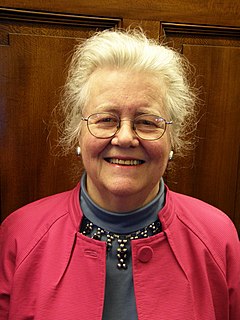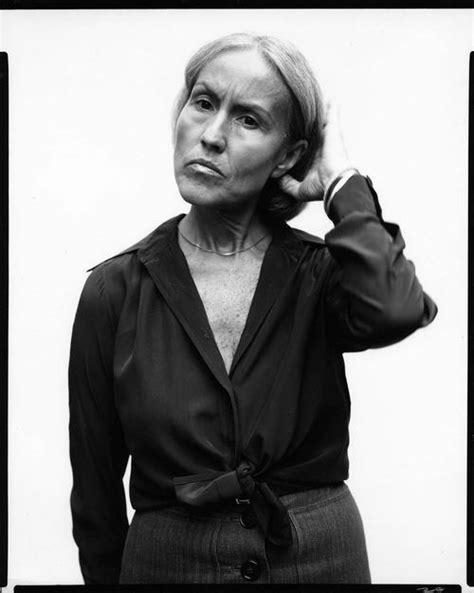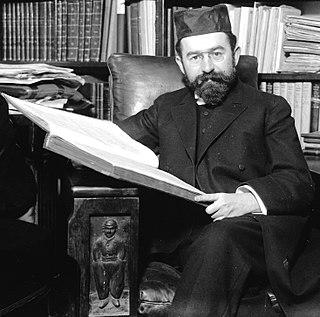A Quote by Anton Yelchin
Related Quotes
Privilege exists when one group has something of value that is denied to others simply because of the groups they belong to, rather than because of anything they’ve done or failed to do. Access to privilege doesn’t determine one’s outcomes, but it is definitely an asset that makes it more likely that whatever talent, ability, and aspirations a person with privilege has will result in something positive for them.
One could even argue that we have a duty to create and pass on stories about choice because once a person knows such stories, they can't be taken away from him. He may lose his possessions, his home, his loved ones, but if he holds on to a story about choice, he retains the ability to practice choice.
I take advantage of the ability to fly with helicopters belonging to the federal police force, and this privilege is consistent with rules that have been in place for decades. A chancellor must be accessible at all times and be in a position to execute their duties as best they can. I must have the ability to immediately return to Berlin if necessary. There are also security considerations.
I said, "OK, Ammon [Hennacy], I will try that." He said, "You came into the world armed to the teeth. With an arsenal of weapons, weapons of privilege, economic privilege, sexual privilege, racial privilege. You want to be a pacifist, you're not just going to have to give up guns, knives, clubs, hard, angry words, you are going to have lay down the weapons of privilege and go into the world completely disarmed."
Privilege is not in and of itself bad; what matters is what we do with privilege. I want to live in a world where all women have access to education, and all women can earn PhD’s, if they so desire. Privilege does not have to be negative, but we have to share our resources and take direction about how to use our privilege in ways that empower those who lack it.
In ability choice education finance majorities people understanding voting A lot of voters always cast their ballot for the candidate who seems to them to be one of the people. That means he must have the same superstitions, the same unbalanced prejudices, and the same lack of understanding of public finances that are characteristic of the majority. A better choice would be a candidate who has a closer understanding and a better education than the majority. Too much voting is based on affability rather than on ability.




































